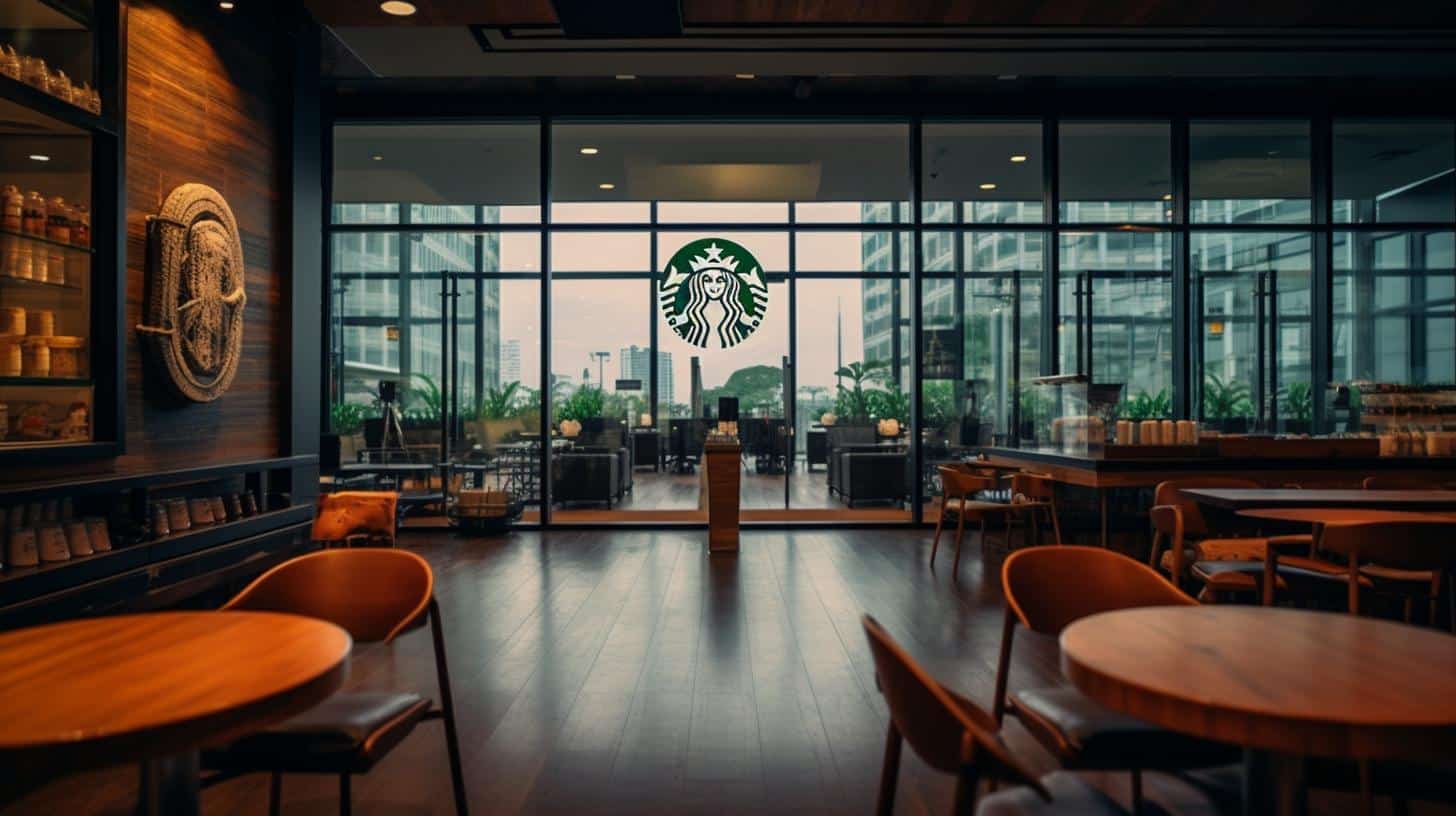The Specialty Coffee Market: An Evolving Landscape
The specialty coffee industry has undergone significant changes in recent years, with the rise of third wave coffee shops challenging the dominance of major players like Starbucks. Third wave coffee shops focus on sourcing high-quality beans, precise brewing methods, and an emphasis on the craft of coffee-making. This has led to a shift in consumer preferences, as more and more coffee lovers seek out unique and flavorful experiences. In this article, we will conduct a SWOT (Strengths, Weaknesses, Opportunities, and Threats) analysis of both Starbucks and third wave coffee shops to understand the dynamics of the specialty coffee market.
Strengths and Weaknesses: A Comparison of Starbucks and Third Wave Coffee Shops
Starbucks, with its global presence and brand recognition, is undoubtedly a force to be reckoned with in the specialty coffee industry. Its strengths lie in its consistent quality, efficiency, and convenience. Starbucks has perfected the art of delivering a consistent and reliable cup of coffee to millions of customers every day. However, its weaknesses include a focus on mass production and standardized flavors, which can lead to a lack of uniqueness and diversity that third wave coffee shops excel at.
On the other hand, third wave coffee shops have carved a niche for themselves by prioritizing quality over quantity. These shops often have direct relationships with coffee farmers, allowing them to source unique and ethically-produced beans. They focus on the craft of coffee-making, using precise brewing methods to extract the best flavors from each bean. However, their weaknesses lie in their limited scale and higher prices compared to major chains like Starbucks. This makes it challenging for them to compete on a mass-market level.
Opportunities and Threats: Analyzing the Specialty Coffee Industry
The specialty coffee industry presents several opportunities for both Starbucks and third wave coffee shops. Starbucks can leverage its scale and resources to further expand its reach and introduce new coffee flavors and brewing methods to attract adventurous consumers. It can also invest in sustainability initiatives and strengthen its commitment to ethical sourcing to appeal to the growing socially-conscious consumer base.
For third wave coffee shops, the opportunity lies in capitalizing on the increasing demand for unique and high-quality coffee experiences. By maintaining their focus on craftsmanship and innovation, these shops can continue to attract discerning coffee lovers seeking something beyond the standardized offerings of major chains. Additionally, third wave coffee shops can collaborate with local communities and create partnerships to enhance their presence and reach.
However, both Starbucks and third wave coffee shops face threats in the specialty coffee industry. Competition is intensifying as more players enter the market, offering diverse and specialized coffee experiences. Major chains like Starbucks risk losing customers to these smaller, more intimate establishments that offer a more personalized and authentic coffee experience. On the other hand, third wave coffee shops face the challenge of scaling their operations while preserving the quality and uniqueness that set them apart.
Starbucks vs. Third Wave: The Battle for Consumer Preferences
The battle for consumer preferences between Starbucks and third wave coffee shops ultimately comes down to individual tastes and priorities. Starbucks caters to those who value convenience, consistency, and familiarity. Its global presence ensures that customers can find a Starbucks almost anywhere they go, making it a reliable choice for those on the go. However, for those who prioritize uniqueness, flavor diversity, and a more intimate coffee experience, third wave coffee shops offer a compelling alternative.
While Starbucks may have the advantage in terms of accessibility and brand recognition, third wave coffee shops are gaining popularity by appealing to a growing segment of consumers who are willing to pay a premium for a more personalized and quality-focused coffee experience. These consumers seek out the expertise of skilled baristas, the flavors of specialty beans, and a deeper connection to the coffee-making process. As the specialty coffee market continues to evolve, the battle for consumer preferences will likely intensify.
The Rise of Third Wave Coffee: Challenging the Coffee Giants
The rise of third wave coffee shops marks a shift in the specialty coffee industry, challenging the dominance of major chains like Starbucks. These smaller, more specialized establishments are redefining the coffee experience by focusing on quality, craftsmanship, and unique flavors. They are disrupting the market by offering personalized and authentic coffee experiences that cater to the evolving tastes and preferences of coffee enthusiasts.
Third wave coffee shops are not just places to grab a quick caffeine fix; they are destinations where coffee lovers can immerse themselves in the world of coffee. From the sourcing of beans to the meticulous brewing methods, every step is carefully considered to create a memorable and flavorful cup of coffee. This attention to detail and commitment to quality is resonating with consumers who are seeking more than just a basic cup of joe.
While Starbucks continues to dominate the specialty coffee market in terms of scale and accessibility, the rise of third wave coffee shops highlights a growing demand for a more specialized and personalized coffee experience. As coffee enthusiasts become more discerning, it is clear that the specialty coffee industry is evolving, with third wave coffee shops leading the way in redefining the standards of excellence in the world of coffee.
The specialty coffee market is undergoing a transformation, with the rise of third wave coffee shops challenging the dominance of major chains like Starbucks. Through a SWOT analysis, we have explored the strengths, weaknesses, opportunities, and threats facing both Starbucks and third wave coffee shops. While Starbucks has the advantages of scale and convenience, third wave coffee shops excel in quality, craftsmanship, and uniqueness. As the battle for consumer preferences intensifies, it will be interesting to see how the specialty coffee industry continues to evolve and adapt to the changing tastes and demands of coffee lovers around the world.













